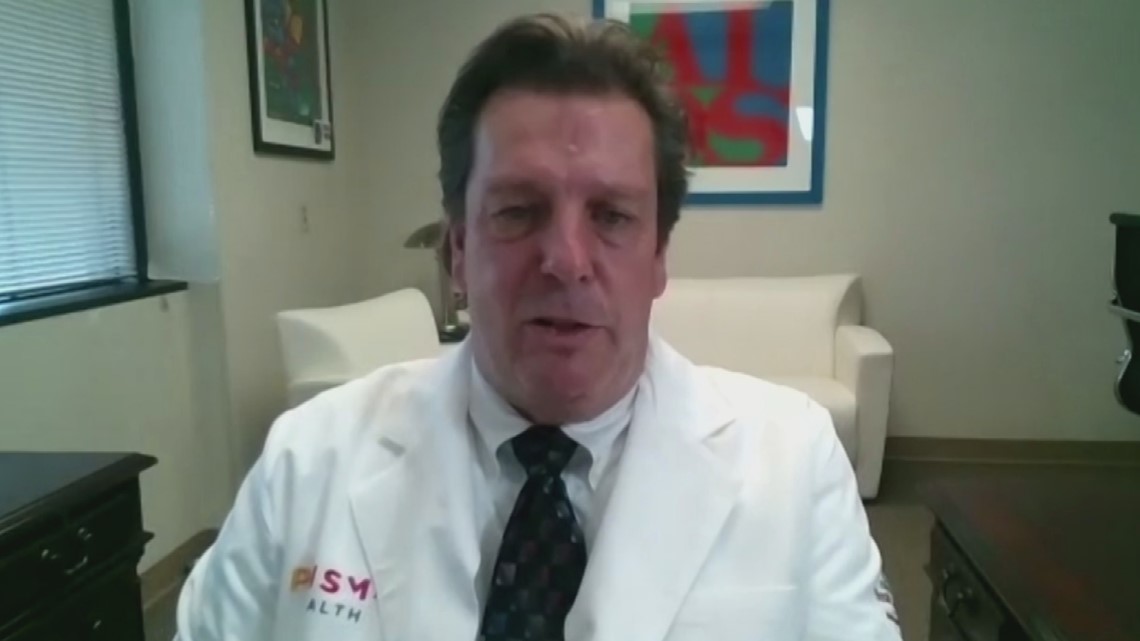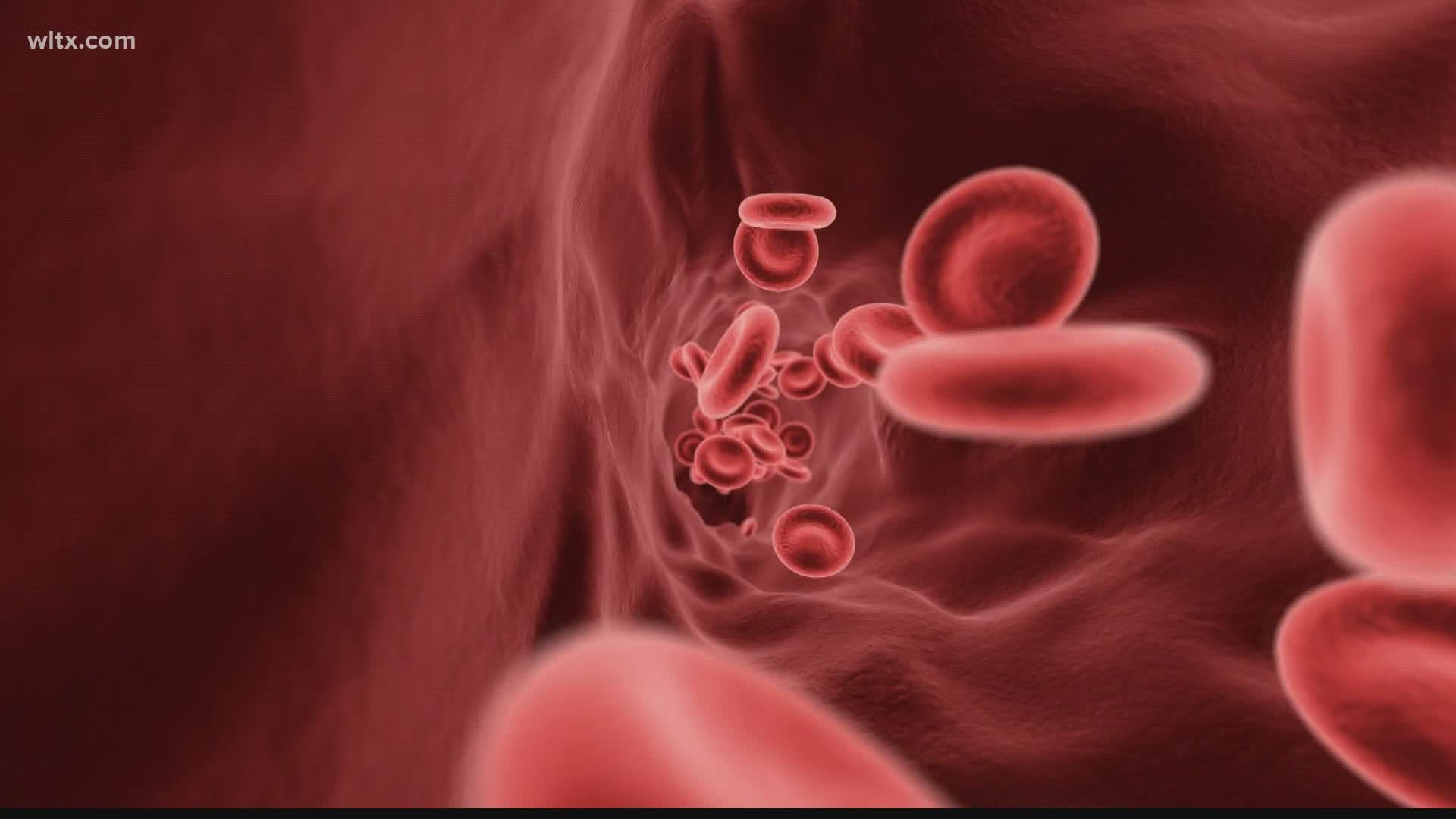COLUMBIA, S.C. — Medical professionals are still evaluating why a handful of women in the United States developed blood clots after receiving the Johnson & Johnson COVID19 vaccine.
While only six women have been affected, the CDC "paused" the use of the vaccine so they could evaluate it further.
“Next year if we do it again I’ll probably just go with Moderna," says Chrystal Snow who received the Johnson and Johnson COVID19 vaccine a month ago and although she experienced flu-like symptoms, she never experienced the serious blood-clotting doctors are looking into.
Natasha Rivers says although she had side effects, she doesn’t regret getting the J & J shot at all, “Every shot is kind of a risk, even if you get Moderna or Pfizer. It’s just like a booster shot or any other vaccine that you get. They come with different symptoms that may happen- and it may happen for some people and it may not. But I do feel strong about still getting the shot.”
“Because it’s so rare and so complicated it’s actually how you can figure out that it probably is related to the vaccine," says Dr. Helmut Albrecht, an infectious disease doctor at Prisma Health and says what’s happening in these select few patients is a complicated medical condition.
“We all need blood clotting, right?" Dr. Albrecht says, "When you cut yourself you want that blood to clot. You don’t want to bleed out. On the other hand, you don’t want your blood to clot inside of your blood vessels so we have very complicated machinery that’s designed to clot blood only when you need it.”


To break it down, although they’re still investigating, professionals are calling the condition vaccine-induced immune thrombotic thrombocytopenia or VITT. It is unusual blood clotting combined with a lower number of blood-clotting cells called platelets.
Dr. Albrecht explains, “Something triggers your immune system that generates antibodies- which we’ve all heard of from vaccines- but this one is not against the virus but it’s against a part of these platelets- against the so-called platelet factor 4 and when you make these antibodies you lose your platelets and the numbers go dangerously low which results in bleeding and then paradoxical blood clotting.”
Dr. Albrecht says this can happen with cancer drugs, HIV and COVID-19 itself.
“It looks like two of the vaccines that use a virus in them to deliver the vaccine to the cell, that can happen. They use an abnovirus to get the vaccine into the cell. It’s important to know that the mRNA vaccines like Pfizer and Moderna do not have a virus in them and they cannot trigger this.”
Chief Medical Advisor Dr. Anthony Fauci said in an interview that he’d be surprised if the Johnson and Johnson vaccine didn’t resume in some form this week.
“Everyone still needs to be vaccinated," Dr. Albrecht insists, "not getting vaccinated puts your risks for these kinds of clots way higher because you may get covid that causes this than the vaccine and there are vaccines that clearly can’t do this such as Moderna and Pfizer.”
More than 6.8 million doses of the Johnson and Johnson vaccine have been given in the US most of which with no side effects.

